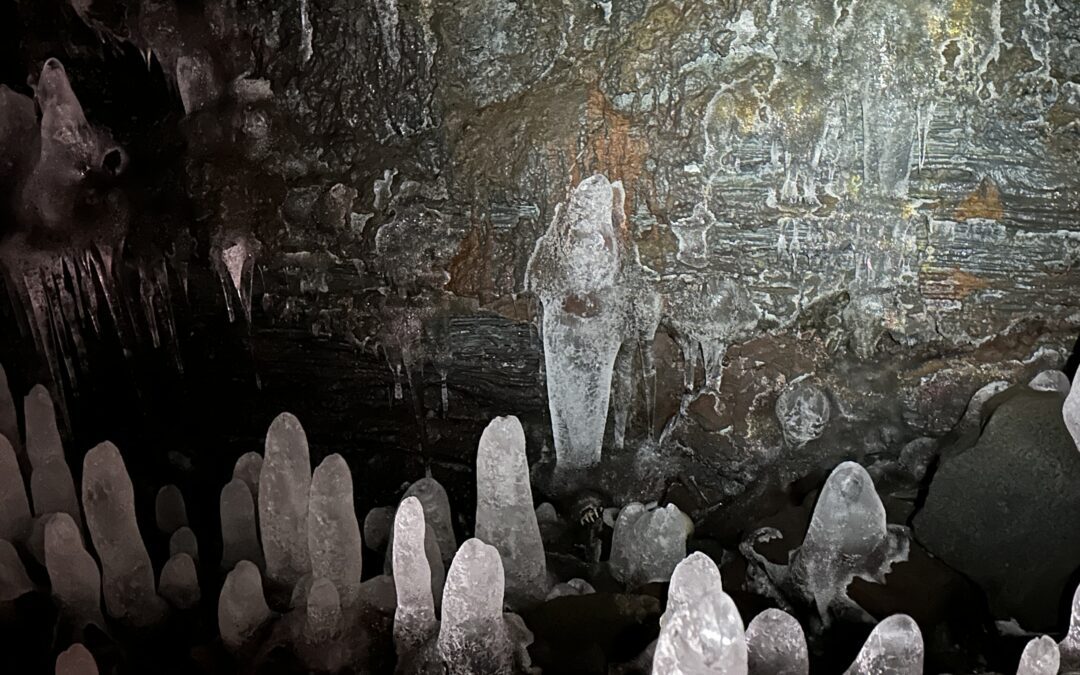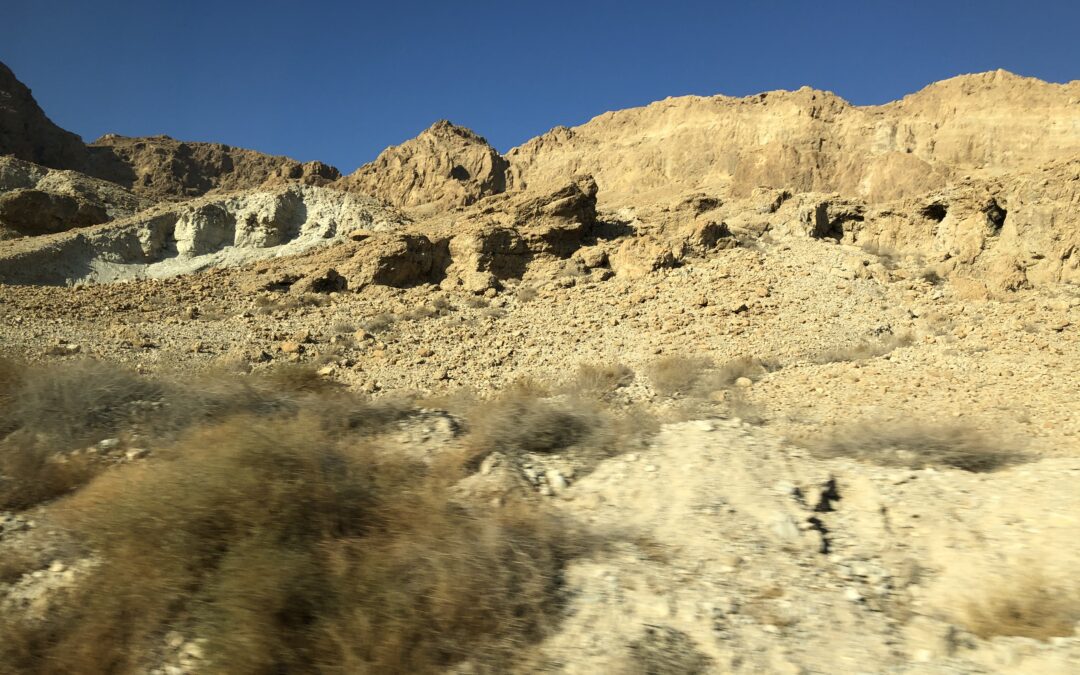It has often been said that a rabbi’s job, or any clergy person’s for that matter, is to comfort the afflicted and afflict the comfortable. At least it’s one of our jobs. This Shabbat is Shabbat Nachamnu, the Shabbat of Comfort, and we read from parshat Vaetchanan, which we always read following Tisha B’av. As one of the members of an online knitting group with many Orthodox women it posted last year, “Yesterday night I put my Sefer Kinot (book of poems having to do with Lamentations) back on the shelf with a prayer that we know no further sorrows in the coming year, that we no longer need to add any more Kinot to our davening and that one day we be worthy of Moshiach so that there will be no more need for Tisha B’Av.” To that I say, and posted, “Amen.”
One version of the prayer for peace in our siddur begins, “May we see a day when war and bloodshed cease,” and I think I can speak for all of us when I say that I hope and pray that that day will come soon, to me that means more than just having peace among nations. It means that people won’t walk into crowded movie theaters or military recruiting centers with guns, that when children go outside and play their biggest worry would be falling out of a tree, and that people we love and care about won’t succumb to disease and illness at too young an age. And more recently, that people can go to a gay bar or holiday party and not have to worry about their safety. Hate crimes have no place in a kind and just society.
We can try and comfort people who have been hurt–physically and emotionally–and try to provide comfort to their families, friends and loved ones. While we usually translate the word mitzvah as “good deed,” the real meaning is “commandment.” We are commanded by God to visit the sick, and by extension the injured, and to comfort the bereaved. We behave like God when we do.
When parashat Vaetchanan opens, Moses said, “And I pleaded with God,” Moses asked for mercy or comfort, that he might change God’s mind and be allowed to enter the land. While this last ditch attempt doesn’t have the desired outcome, God does soften a bit and allow Moses to see the land, even if he won’t enter it. I don’t think Moses is completely comforted, but that’s life. Moses still tries to place the blame on the people, saying that it’s because of them–l’ma-ankhem–that he’s not entering the land, and perhaps that’s another reason why he’s not crossing the Jordan.
We have all had times in our lives when what we planned for and hoped for, and even trained for, didn’t work out the way we wanted or expected, and our feelings can range from simple disappointment to devastation. Any of those and everything in between are legitimate feelings, but they can’t paralyze us. Four years ago I officiated at a funeral for a lady named Dottie who at the age of 82-something had joined our synagogue on its Israel trip, and some of the younger people had trouble keeping up with her. Six weeks after returning she was diagnosed with pancreatic cancer and died shortly afterwards.
I like to officiate at funerals, but I wish people didn’t have to die so I could. What I like is getting to know a person and his or her family, being with them at a difficult time in their lives, and providing what I hope is comfort to the bereaved. Dottie’s family told me she had a saying that she used any time things got tough, and it was basically, “Put some lipstick on and get moving.” That’s basically what God said to Moses, minus the lipstick. Or maybe not, who knows?
In addition to the Torah reading, we see another way to be comforted, which comes from the haftarah and the prophet Isaiah, who begins by telling the people, nachamu, nachamu ami, yomar elo-haychem, “You be comforted, you be comforted, my people, says your God.” Isaiah then goes on to tell, in God’s words, how Israel will be brought back from exile and assured of better days ahead.
Whether getting a glimpse of a land one won’t enter, or a peek into the future, or even a promise of a better future really offers much comfort is hard to say, but we can use these ideas as springboards when we need to be comforted and we need to comfort others. They may not always work, and the comfort may not always last, but as Rabbi Tarfon said, we don’t have to finish the task, but we do have to get it started.
Shabbat Shalom.











0 Comments